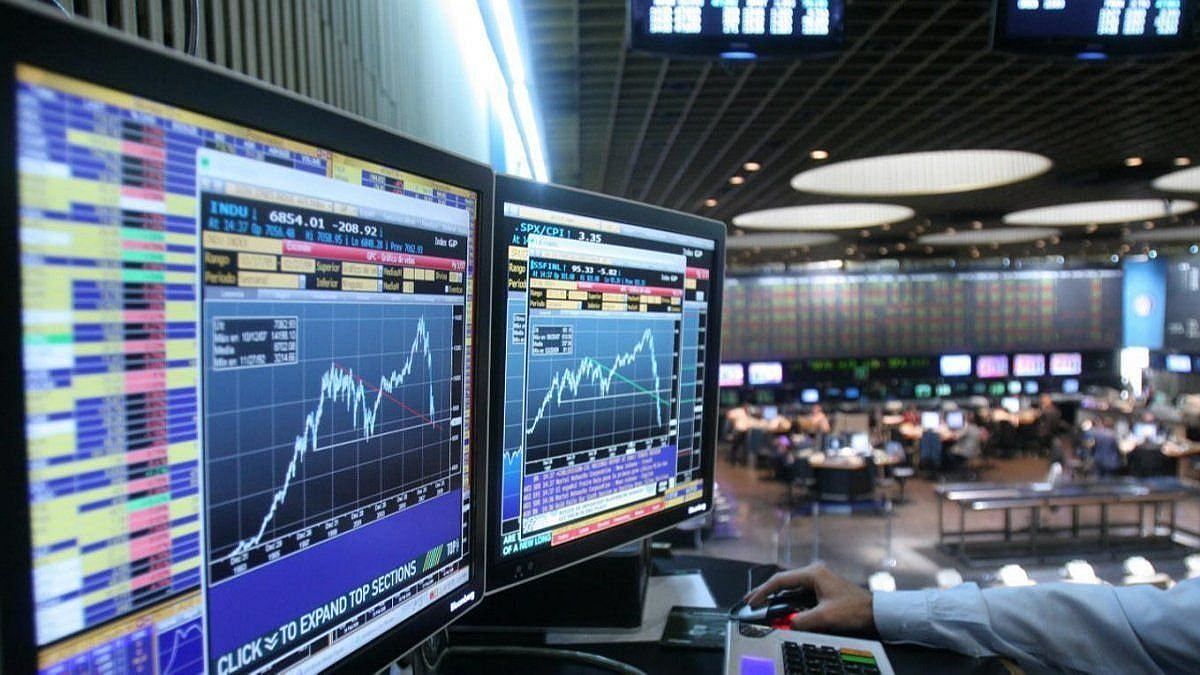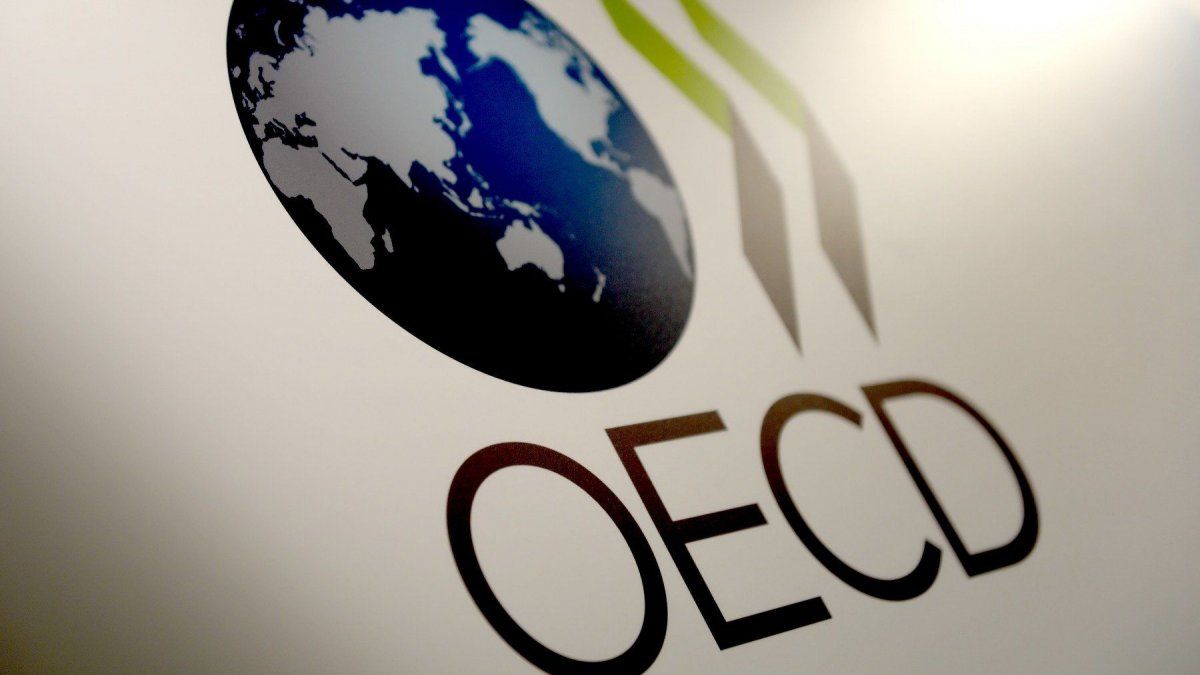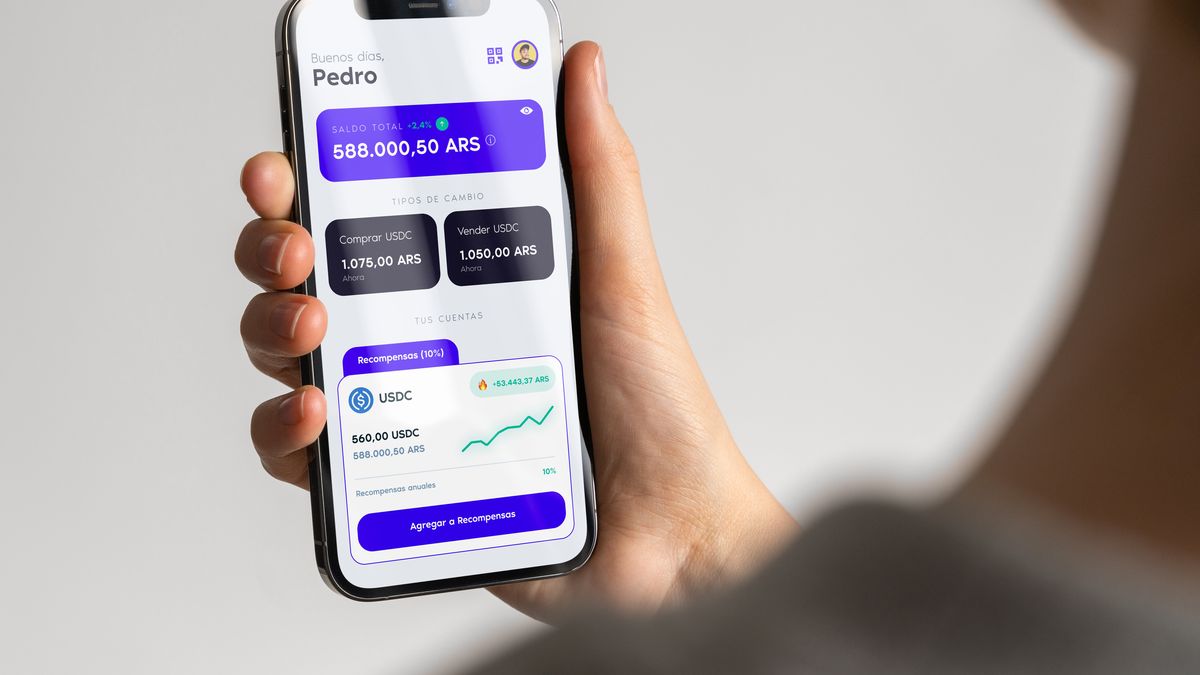The Buenos Aires stock market operated in low this wednesday may 31 for the second consecutive day, before selective profit-taking pending progress in the country’s negotiations with the International Monetary Fund (IMF), and the waiting for news on the official tour headed by the Minister of Economy, Sergio Massa, in China.
On the stock market, the leading stock index S&P Merval fell a 1.1%, to 339,512 pointsafter giving up 0.9% and after dragging sSeven consecutive sessions with improvements. The Merval marked a record high level in pesos of 349,024.53 units last week.
Anyway, despite this fall, the leading panel is on track to earn more than 14% in pesos during the month of May.
The Government intends a review of the goals set with the IMF for a credit of some 44,000 million dollars granted a year ago and an advancement of agreed disbursements for this 2023.
“For the IMF to approve the fifth review that will begin on June 10, there should be a change in the goals or the request for another ‘waiver’ -let’s remember that international reserves will also be requested-,” said a report from the Center for Economics. Argentine politics. He added that “the government shows good fiscal behavior, despite the inclement weather, the government could expect the IMF to grant a change in the goals established by the program,” he added.
For his part, Global markets were keeping an eye on the vote in the United States Congress on the country’s debt ceiling, although an approval is ruled out, operators commented.
Bonds and country risk
In fixed income, the main bonds in dollars in the over-the-counter market operated with the majority of falls, led by the Globals.
Thus, the country risk measured by the bank JP.Morgan it remained balanced at 2,555 basis points.
The economic team would plan to offer a new debt swap in pesos, which would include maturities in June, July and August. “A similar measure was in our baseline scenario, given the significant proportion of titles in the hands of public entities that mature in the third quarter -we estimate approximately 75%-. Meanwhile, we highlight that June maturities, for around 1,200 trillion pesos, are almost entirely -we estimate 95%- in the hands of private holders, after the previous exchanges”, they pointed out from SBS.
“During the last months, macroeconomic tensions began to take a more leading role in the economic situation of companies. The restrictions on imports and the tensions in the exchange market at the end of April have an impact on the daily operations of companies , with rising costs and increasing pressure on the supply chain,” revealed a survey carried out by the Argentine Industrial Union.
This month, the BCRA raised its reference rate to 97% per year and announced a greater intervention in the exchange market, although without giving details on the rate of “crawling-peg” (devaluations), in an attempt to control the inflationary escalation and safeguard its reserves.
A survey of retail prices carried out by the consultancy C&T for the Greater Buenos Aires region showed a monthly increase of 8.7% in May, far exceeding the variation in April and May of last year, with which the increase in 12 months climbed to 118.9%, the highest since August 1991.
Source: Ambito
I am a 24-year-old writer and journalist who has been working in the news industry for the past two years. I write primarily about market news, so if you’re looking for insights into what’s going on in the stock market or economic indicators, you’ve come to the right place. I also dabble in writing articles on lifestyle trends and pop culture news.




